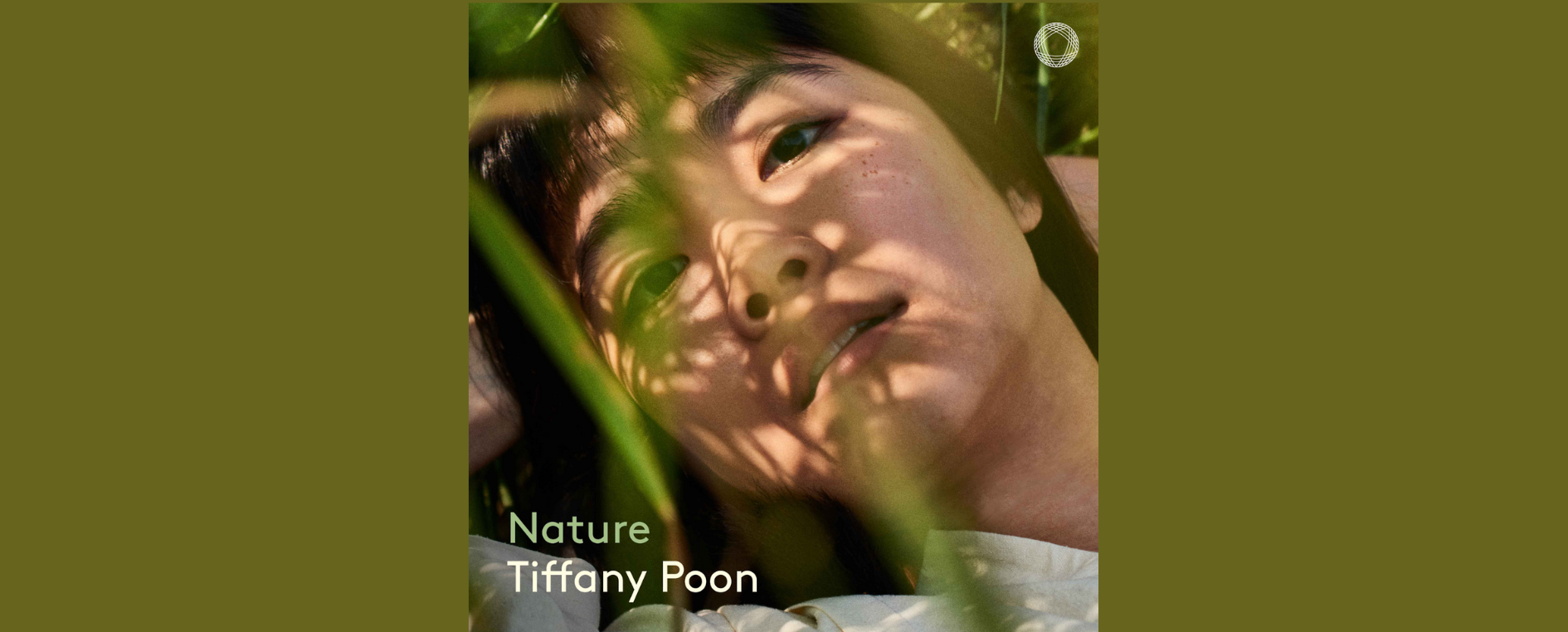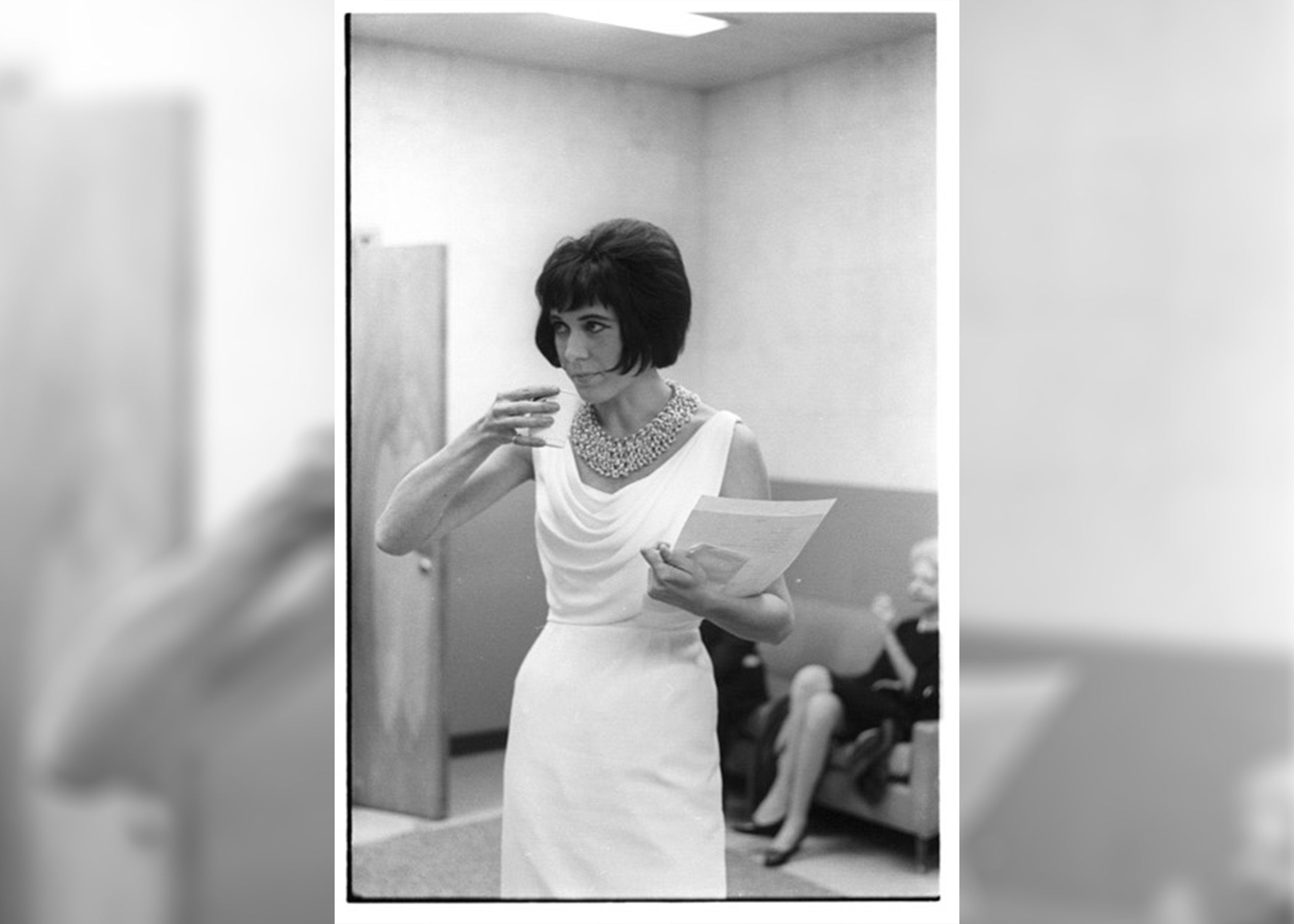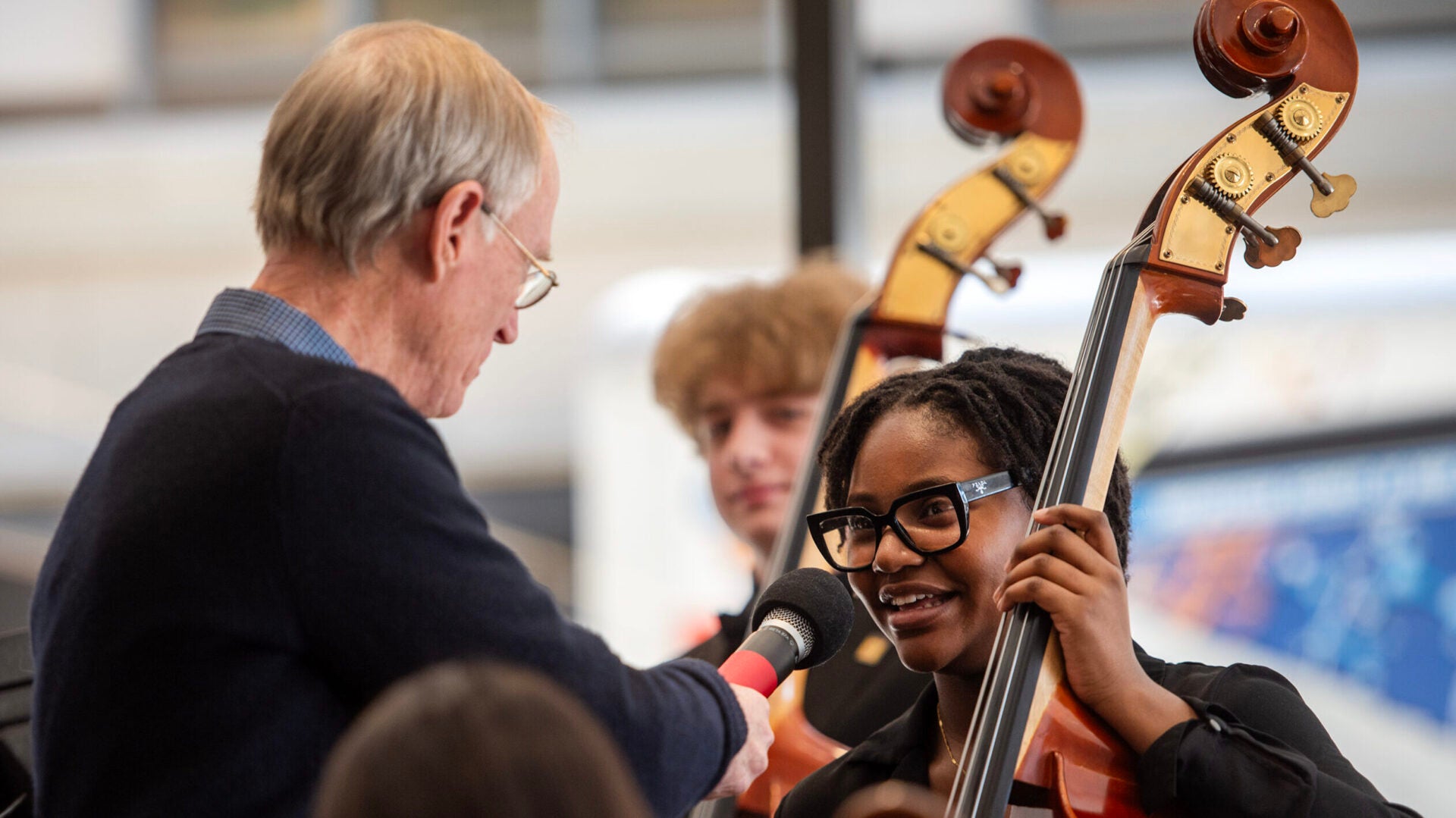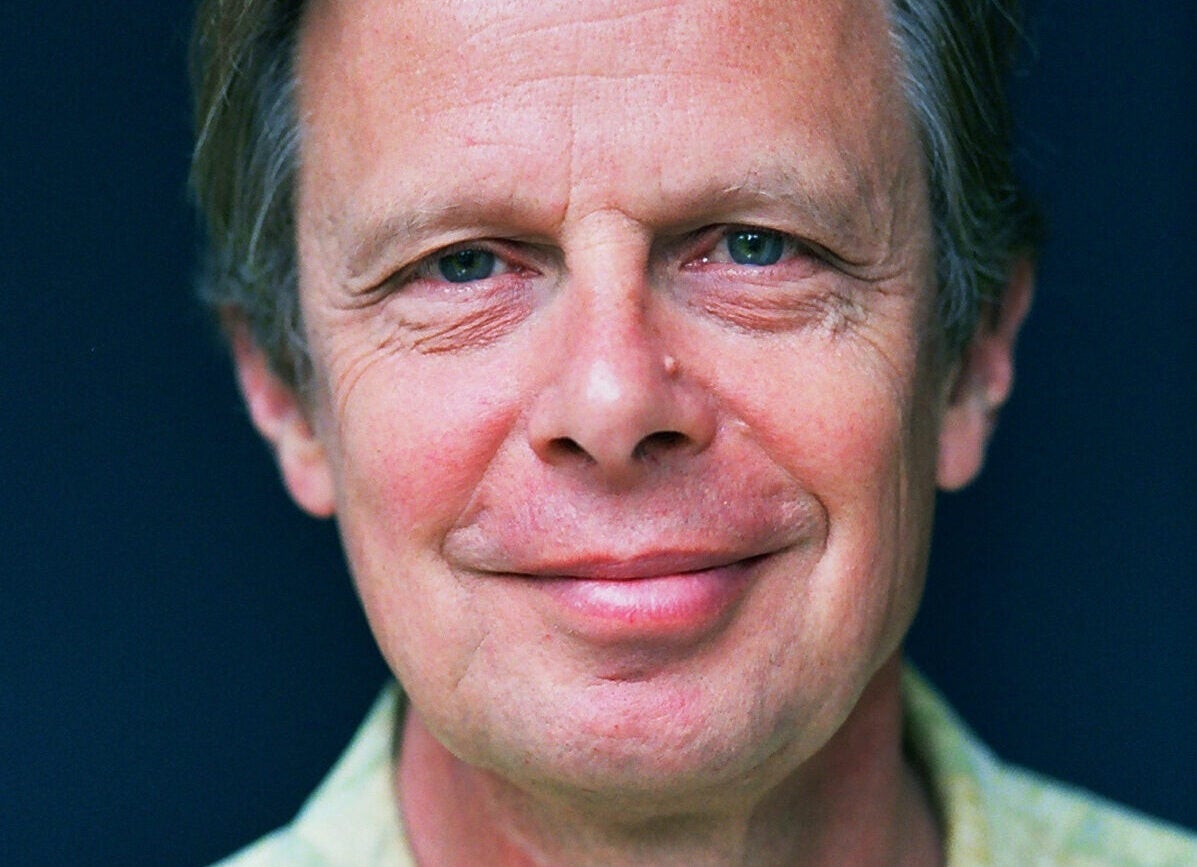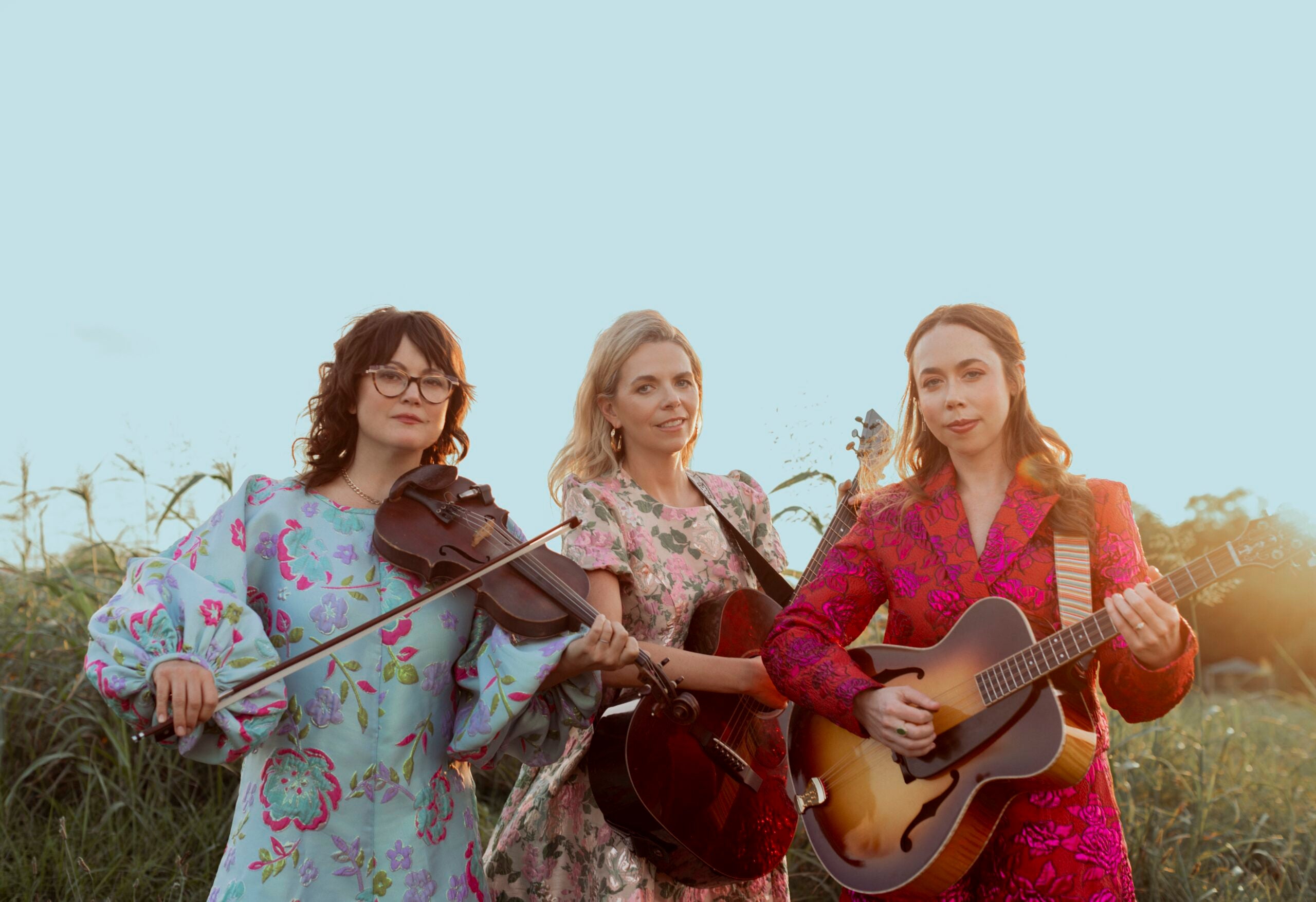Aoife O’Donovan is a Grammy award-winning singer and songwriter.
In addition to her solo work, O’Donovan is a member of the talented folk trio I’m With Her and was the lead singer of the string band Crooked Still.
WPR’s “BETA” had a chance to listen to her new album, “All My Friends,” based on the writings and speeches of Suffragette Carrie Chapman Catt.
News with a little more humanity
WPR’s “Wisconsin Today” newsletter keeps you connected to the state you love without feeling overwhelmed. No paywall. No agenda. No corporate filter.
We found it delightful and set up a conversation with her. She spoke with “BETA” from her Central Florida home.
The following has been edited for clarity and brevity.
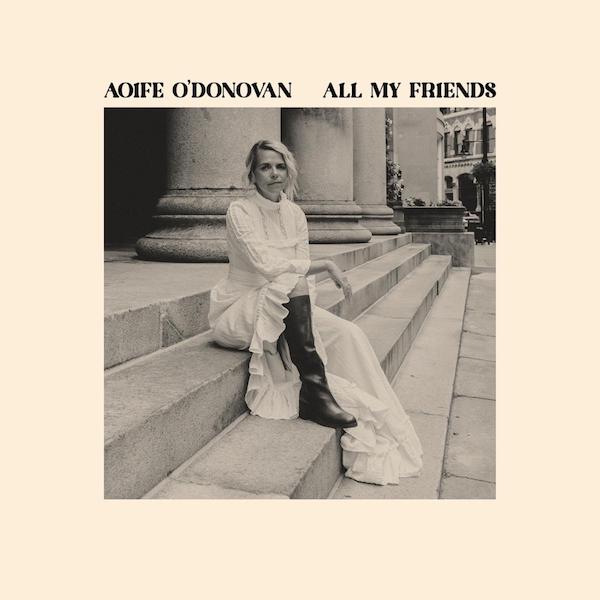
Aoife O’Donovan: “All My Friends” is an album inspired by the women’s suffrage movement, specifically the passage of the 19th Amendment. It also features the women who were involved in this final push, specifically a woman named Carrie Chapman Catt. The album is interspersed with my reimagining of her life and experiences.
Steve Gotcher: When did you decide that’s what you wanted the album to be about?
AO: To be honest, I didn’t really decide on it. The Orlando Philharmonic Orchestra asked me to write a big orchestral piece honoring the centenary of the 19th Amendment in 2019, and I agreed.
I don’t know why I agreed to do that, because I had never done anything like that before. But it seemed like a cool project to undertake.
SG: In the song, “America, Come,” you quote Carrie Chapman Catt when she wrote, “What is this democracy for which the world is battling?” — which sounds a lot like something that could be written today, not just 100 years ago. Did the fact that Carrie’s words are still timely inspire you to make this record?
AO: Absolutely. A lot of her text is in this record because when I learned about her through a book by Elaine Weiss called “The Woman’s Hour,” I was reading these letters and these speeches that Carrie Chapman Catt gave. How is this 100 years old, all of these thoughts, these particular images?
In the song “America, Come,” there is a section quoting a speech that she gave where she was talking about politicians. She’s saying that these older politicians aren’t stepping aside to make room for new politicians to do the work and advance the cause. That line specifically, I was just like, “Holy cow, this could be anybody saying this right now.”
SG: You’ve put together a piece of music that could have been like a history lesson set to music, but it came off as very unpretentious, entertaining and not strident. Were those things you were working not to do, or did it just happen that way?
AO: I’m not a historian. I don’t love overly intellectual music. I especially don’t love lyrics that leave the listener confused. I’m a folk singer, and when I use that term, what it means to me is I make music for the people. Even in my weirdest, most sort of music school brain where I have songs in different time signatures or with bizarre chord progressions, I still want them to sound accessible. I still want it to sound like folk music, in the lyrics, and in the music itself.
I don’t think I was trying not to be any of those things. It’s naturally how I am.
SG: Chris Thiele said of you, “She’s not selling us anything. She’s telling us secrets. Kind of a secret about the magic in the world that she’s finding.” Do you think you accomplished that with this record?
AO: That’s a sweet quote. I hope so. I’m always trying to be myself. And with this record, even though it’s much more character-driven and specifically a historical character than anything I’ve done, it’s still me, and it is still me talking to you. And if you’re listening to it on headphones, it is me in your ears. It’s like I was whispering or trying to bring you into this world and trying to paint the picture that there’s room for you to come and sit next to me and listen.
SG: You said something in the New York Times in 2022 that amazed me because it’s precisely how I think about music, and I wanted to read the quote: “Music is everything to me. It’s the most important thing when I think about where I want my life to go, where I want to be when I’m older, what’s going to happen after we die? Music is the thing that will get us through to the end, and music is what will be there after we’re gone.” How does that belief inform what you will do in the future?
AO: Oh, gosh. My days are filled with music. My life is full of things like my family playing music. You know, like when you make music a part of your everyday life. I’m sitting here playing Joni Mitchell songs as my daughter is in her playroom, singing “Big Yellow Taxi” while she plays with Magna tiles in the other room. My husband is practicing a cello quartet he’s playing tonight in New York and is studying his Beethoven scores for a concert he is conducting next weekend.
It’s everywhere for me in my life, my family’s life and my philosophy. It’s how my extended family lives. It’s the way it is. And I love that. I feel so lucky that I was brought up that way and can bring up my child that way. It’s great. I’m so fortunate.



